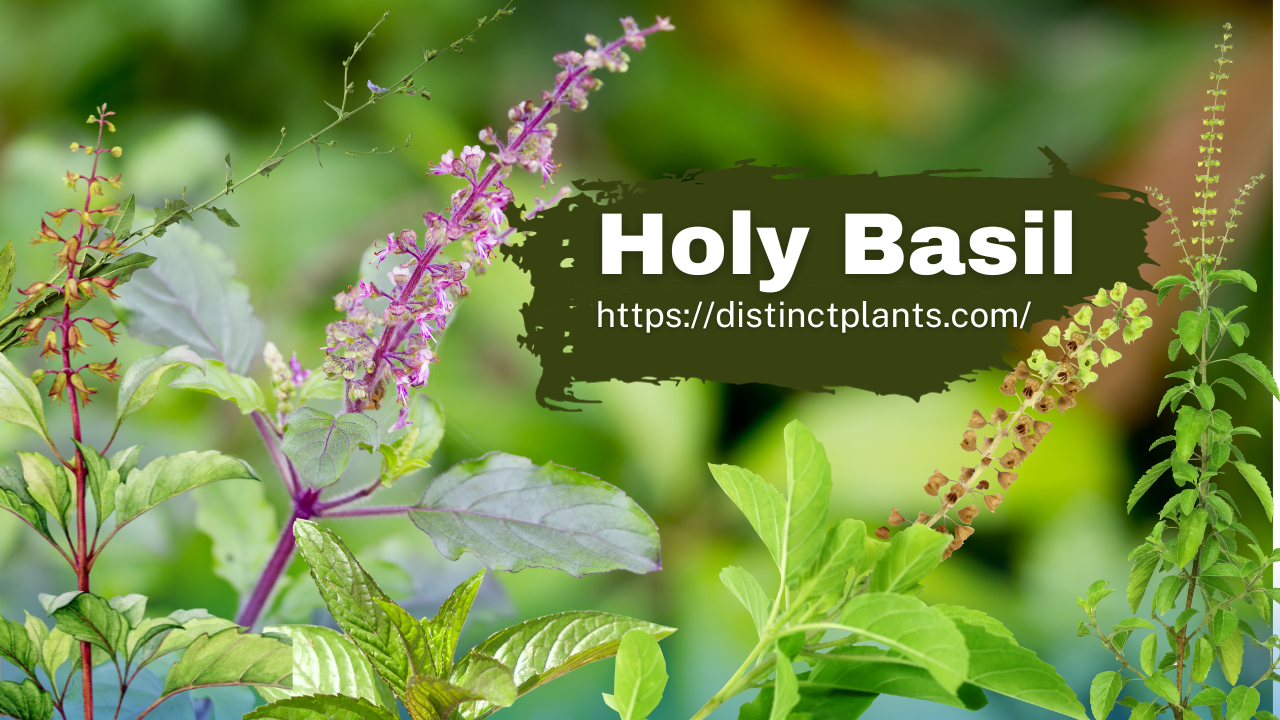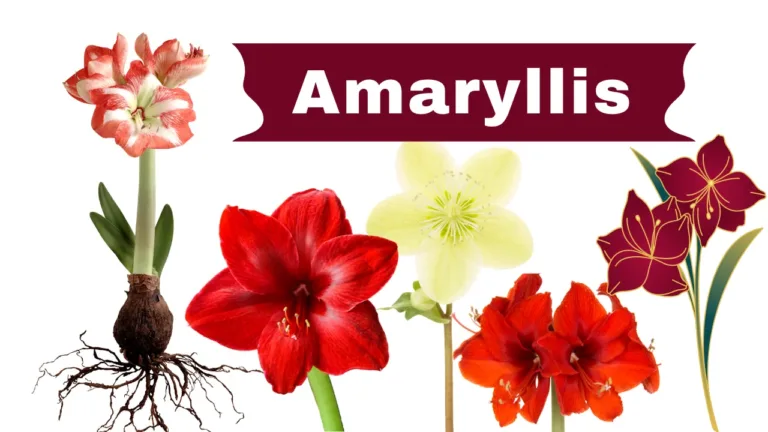Holy Basil: An Auspicious Plant of Divine Aroma
Are you familiar with a plant which have deep rooted rich history in the ancient traditions of Indian civilization? This auspicious plant is holy Basil which is well famous with the name of Tulsi plant. In Ayurveda it holds a revered place among the plants of medicinal benefits. It is a plant of multifaceted benefits.
Its significance is not confined to only one region. It has worldwide popularity because of its versatile nature. In this article we are going to explore its traditional historical medicinal and spiritual significance.
Nature and Origin of Tulsi plant
Its binomial name is ocimum tenuiflorum of Plantae kingdom. It is a flowering plant which is blessed with aromatic leaves. It is a plant of mint family and its genus is ocimum. Its leaves are of two colors green and purple and its flowers has purple sepals.
Historical Significance of Tulsi
It has its deep-rooted historical significance in Hindu mythology. This revered and sacred plant has almost 5000 years old history in Indian civilization. It is regarded as goddess of Lakshmi who brings prosperity and auspiciousness in homes.
Because of its association with goddess Tulsi, we can find its presence in the court yards of Hindus whether they are living in India or some where else. Its sacred presence is considered a very good omen of protection and purity so, the people worshipped plant is the native Indian subcontinent and found in entire South Asia.
Summary
Holy Basil a sacred herb well famous with the name of Tulsi has a rich celebrated history. It is regarded as a Queen of herbs because of its endless benefits. This revered plant of Tulsi has historical, cultural, spiritual and religious significance celebrated for millennia. This plant has aromatic leaves and develops taste in culinary delights.
It has unlimited health benefits including health boosting prowess, reducing stress, boosting immunity and supporting digestive and cardiac health. It is considered a symbol of love and respect. In Hindu mythology it is of great importance its name symbolizes the goddess Lakshmi so it represents security, prosperity and wellness. It is a timeless herb which can unite mind body and soul.
Types of Tulsi
There are two types of it.
- Ram Tulsi: this plant has broad bright green leaves and slightly brownish stem.
- Shyam Tulsi or Krishna Tulsi: this plant has purplish green leaves and slightly black stem.
These are special plants and planted specially in India and Nepal. In Thai language it is known as Kaphro and there are two types of it red and white. It is also known as Thai Basil and used in different kinds of foods to enhance the delight.
Spiritual and Cultural Importance of Holy Basil
Tulsi plant has great importance in religious rituals and ceremonies in Hinduism. It is cultivated in temples and homes. Its woody stem is sacred one and used to make a sacred Japa mala. This plant is a symbol of purity, security, prosperity and devotion. In some other cultures of the world, it is a good welcoming gesture of love and respect.
It is presented as a gift to the guests on the time of farewell. In Italy it is an agricultural weed. In India there is a wedding season of Hindus known as Tulsi vivah. It is also celebrated as a festival of Prabodhini Ekadashi on 11th or 12th day of bright fortnight of Kartika a Hindu month or on the night of full moon called Kartika Purnima.
It is worshipped by watering and holly mantras are by lightning of lamps especially earthen lamps. In Kati Bihu festival which is celebrated in Assam India earthen lamps are placed which are also called days in the foot of plant. Special prayer beads of its stem are used as a mala.
Uses of Holy Basil or Tulsi plant
According to the holistic approach of Ayurveda this is a Sattvic Herb of divine energy. It can balance five elements air, water, space, fire and even the earth. It is one of the super Herb of apoptogenic nature which can be used internally and externally. It’s translation in Sanskrit is incomparable one.
Its water is called holy water and used commercially in India by the followers of Hinduism and some of Greek orthodox churches. All the Hindus accept its significance but the Vishnuvatis are the strong believers of it who use its leaves for wearing as a mala in their necks. Its water of leaves is used for moksha to get liberty from the cycle of a rebirth or the cycle of 84.
Benefits of Holy Basil or Tulsi plant
Holy Basil has unlimited benefits and according to the Ayurvedic approach it is the mother medicine of nature. Its benefits are as under.
It is a herb that provides oxygen for 24 hours.
Tulsi plant is helpful in creating nascent Oxygen and reduces Sulphur from the environment.
According to the studies it is an immunity booster, which strengthens immune system and offers protection against various diseases by promoting health and well being of the body and defense mechanism.
It is a renowned plant because of its apoptogenic nature which reduces stress and promotes resilience. It has proved that it contains anti inflammatory, antioxidant anti viral, and antibacterial properties and used as a natural remedy against various diseases.
Ayurveda suggests its liquid yoga by Tulsi tea.
Its leaves are best for cardiac health. It is enriched with the properties of improving blood sugar levels. It reduces heart related issues.
Tulsi plant is helpful in preventing cancer which is caused by toxic compounds.
Its use improves digestive health because it supports digestive functions by aiding to relieve blotting in digestion and gas. It has carminative properties which helps in soothing digestive track.
It is full of vitamins. It contains vitamin c calcium, magnesium zinc, phosphorus and vitamin A.
It is considered that this plant is not only for medicinal use but also popular for its culinary uses. It is a versatile herb of culinary properties. It’s aroma of leaves adds flavor in various dishes including salads, soups, teas and curries. Its oil is also consumed. Its 15 to 20 leaves can be used daily because it is antibiotic and its one type Thai Basil is used in different foods in Thailand.
It is a well famous herbal mouthwash.
Holy Basil supports respiratory system. The presence of eugenol release bronchitis and asthma.
It has cleansing properties and used to clean the skin.
Its dried leaves are used in different cultures to repel insects.
It protects the environment from pollution so hundreds and thousands of its plants are in Taj Mahal India to protect the iconic beauty of this miracle building from the pollution of environment.
How we can care and plant Tulsi?
Ocium Sanctum the Tulsi plant is considered sacred in many cultures of the world. It prefers warm and Sunny location with well drainage soil. It requires slightly acidic to neutral pH around 6.0 to 7.5. almost 06 to 08 hours of direct sunlight is its need. It can be easily grown from its seeds you can sow the seeds about 1/ 4 inch deep in soil and cover lightly with soil.
After proper watering and caring of some days you will get the buddings. It prefers consistent moisture and does not require heavy fertilization. Regular care and watering with love is necessary for its growth.
Conclusion
Holy Basil a revered plant symbol of love and respect cultivated globally because of its medicinal, cultural, culinary and spiritual significance. It is a plant which embodies harmony among mind, body and soul so it is planted in homes because of its span’s millennia tradition.







